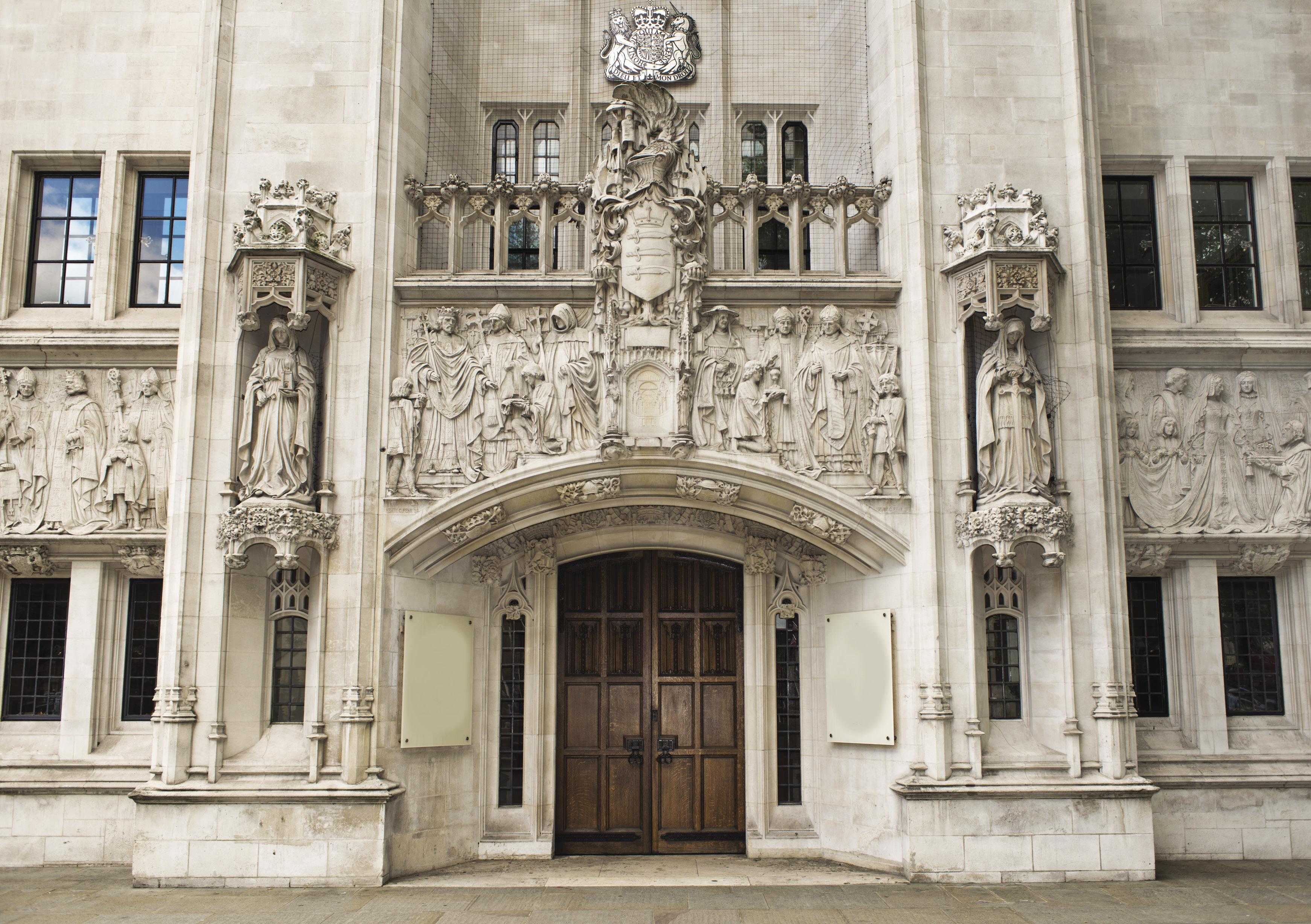
Nicholas Dobson applauds the elegance of the judgment in Lachaux, which gives a much clearer basis for future consideration of potentially defamatory material
- Section 1 of the Defamation Act 2013 raises the common law threshold of seriousness and requires its application to be determined by reference to actual facts and not merely to the meaning of material words.
Reputation has always been a precious commodity. Shakespeare knew this. So in Richard II, Mowbray, feeling ‘pierced to the soul with slander’s venomed spear’ pleaded passionately that ‘The purest treasure mortal times afford/Is spotless reputation.’ And Cassio in Othello mourned to evil Iago: ‘Reputation, reputation, reputation! O, I have lost my reputation, I have lost the immortal part of myself.’
So the law long recognised the need to protect reputation from unjustified assault. As Lord Sumption indicated, opening his elegant Supreme Court judgment on 12 June 2019 in Lachaux v Independent Print Ltd and another [2019] UKSC 27, [2019] All ER (D) 42 (Jun): ‘The tort of defamation is an ancient construct









